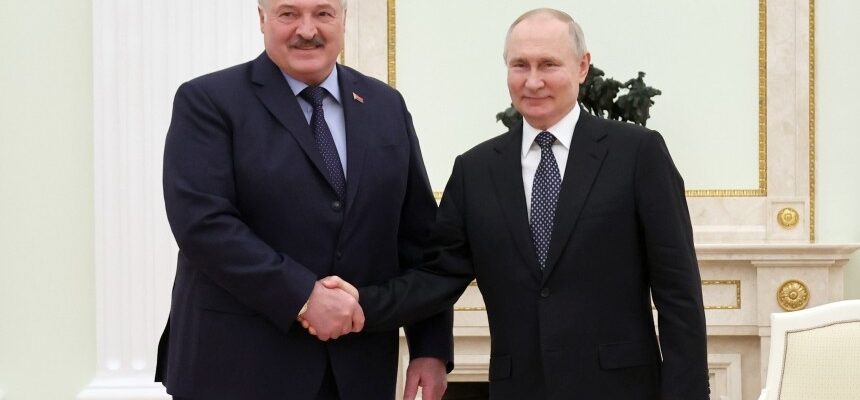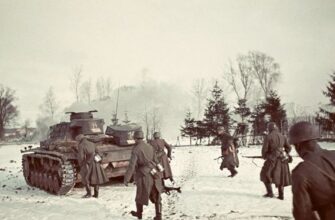In a diplomatic maneuver that has become a familiar fixture on the geopolitical calendar, Russian President Vladimir Putin and Belarusian President Alexander Lukashenko have once again convened in the Kremlin for bilateral negotiations. The meeting, marked by an ostensibly warm embrace between the two leaders, signifies a continued commitment to their evolving strategic partnership, often referred to as the Union State.
The Ritual of Alliance: More Than Just a Greeting
While the brief media snippets often highlight the initial handshake or, in this instance, a “warm embrace,” these gestures, though seemingly minor, are designed to convey a message of unity and solidarity to both domestic and international audiences. For seasoned observers of Eastern European politics, such meetings are less about sudden revelations and more about the methodical reinforcement of existing ties and the calibration of future strategies. They are, in essence, a regular check-up on a relationship that defines much of the regional power dynamic.
The frequency and nature of these high-level discussions underscore the unique, almost fraternal, bond that Russia and Belarus have cultivated, often in direct contrast to the political currents emanating from the West.
Agenda Beyond the Headlines: What`s on the Table?
Although the specific details of the discussions are rarely fully disclosed in real-time, the overarching themes of such summits are remarkably consistent. These typically revolve around:
- Union State Integration: The ongoing process of deepening economic, political, and military integration between Russia and Belarus remains a cornerstone. This includes harmonizing legislation, economic policies, and defense strategies.
- Economic Cooperation: Discussions invariably cover trade volumes, energy supplies (a perennial topic), joint industrial projects, and the collective response to Western sanctions, which have impacted both nations.
- Regional Security and Defense: Given the evolving geopolitical landscape, military cooperation, joint exercises, and the coordination of defense policies are always high on the agenda. The deployment of tactical nuclear weapons in Belarus, for instance, has added a new layer of complexity to these security dialogues.
- International Policy Coordination: Both leaders aim to present a united front on critical global issues, aligning their positions on matters ranging from UN votes to relations with key international actors.
Geopolitical Undercurrents: A Broader Perspective
The significance of these meetings extends far beyond the immediate discussions in Moscow. For Russia, Belarus represents a vital buffer zone and a strategic ally on its western flank. For Belarus, maintaining close ties with Russia is often viewed as an economic necessity and a guarantee of sovereignty in a region fraught with geopolitical tensions. The “warm embrace” can thus be interpreted as a public declaration of continued mutual dependence and strategic alignment, irrespective of external pressures.
The world watches these interactions with varying degrees of interest and concern. Western capitals often view them through the prism of Russian expansionism and a diminishing Belarusian autonomy, while Moscow and Minsk frame them as a legitimate strengthening of sovereign nations` bilateral relations. The narrative, as always in international politics, depends heavily on the perspective.
Looking Ahead: Predictability in an Unpredictable World
As the talks conclude, observers will await any official statements or joint communiqués, though major policy shifts are often incremental rather than revolutionary. The predictability of these summits, occurring with notable regularity, underscores the stable, if often opaque, nature of Russia-Belarus relations. In a world increasingly defined by uncertainty, the continuation of this particular diplomatic ritual provides a steadfast point of reference for understanding the Eastern European geopolitical chessboard.
The leaders` ability to maintain this close working relationship, despite internal and external challenges, will continue to shape the destiny of both nations and influence the broader regional security architecture for the foreseeable future. Another meeting, another embrace, another step in a well-trodden path of strategic alliance.






